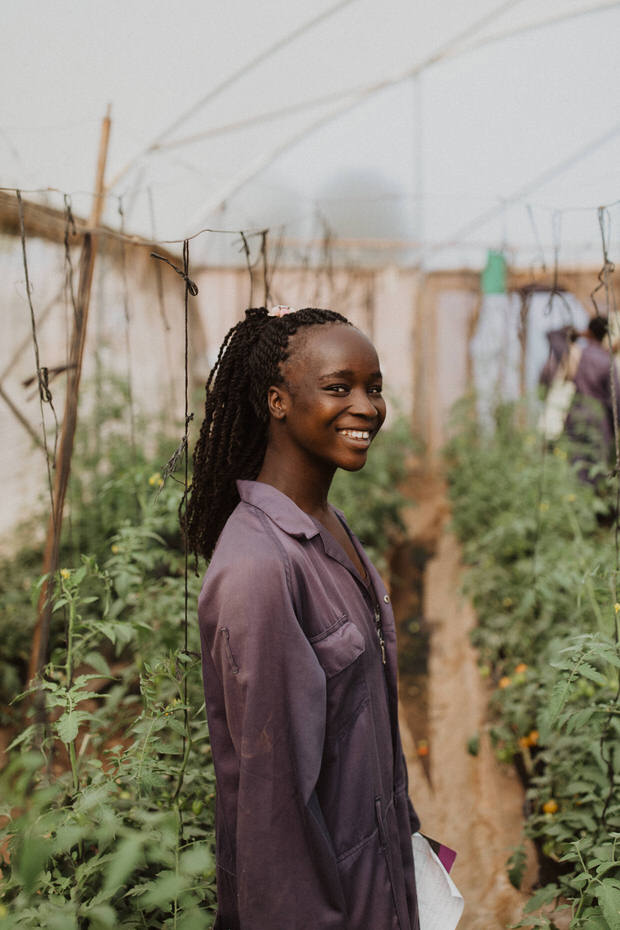
Bringing Dignity by Knowing HOW to Do Something.
Her fingers gently lift the shoots of the plants, moving to the base of the soil. She plucks out a weed, and tenderly lets the greenery back down. She showers the plants with water, giving them the moisture they need to thrive. The way that she cares so intently for these plants reflects the way she cares for people in her life.

Sarah moves about the greenhouse with purpose as she works. Her hair is separated into beautifully twisted strands that are pulled into a high ponytail, completed with a sparkly pink barrette. She smiles softly and tenderly. Beneath her quiet demeanor is a girl with bold integrity and a strong work ethic, determined to do her job well.
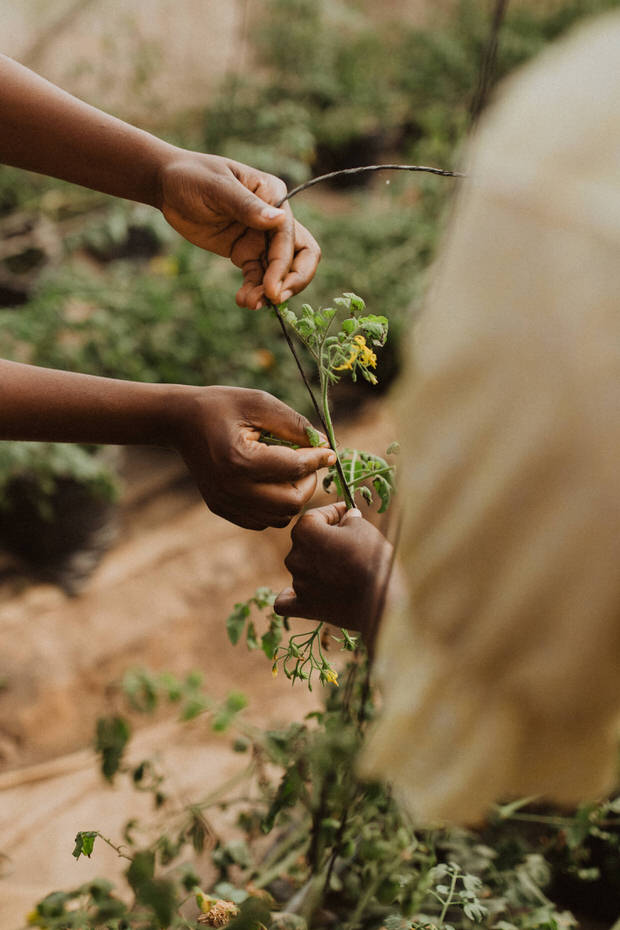
She works at Wakisa Ministries, one of our partners in Uganda, in their greenhouse. Originally, Sarah got connected to Wakisa in 2017—she was 14 years old at the time, and she had just found out that she was pregnant. She was being raised by a single mom… her father had five wives, which didn’t allow him much time for Sarah and her siblings. Sarah’s mom was still trying to provide for all of them, so as a way to generate income, she rented out their house. They had a few tenants live in the family’s house, coming and going throughout the months, and Sarah ended up getting pregnant from one of them. She stopped going to school and began trying to look for jobs to provide for her soon-to-be-born baby. Sarah didn’t have much to offer as an uneducated, pregnant, teen girl. She was also facing the possibility of her mom kicking her out of the house if she didn’t find work. It was during this time that Sarah’s aunt brought her to Wakisa’s pregnancy crisis center.
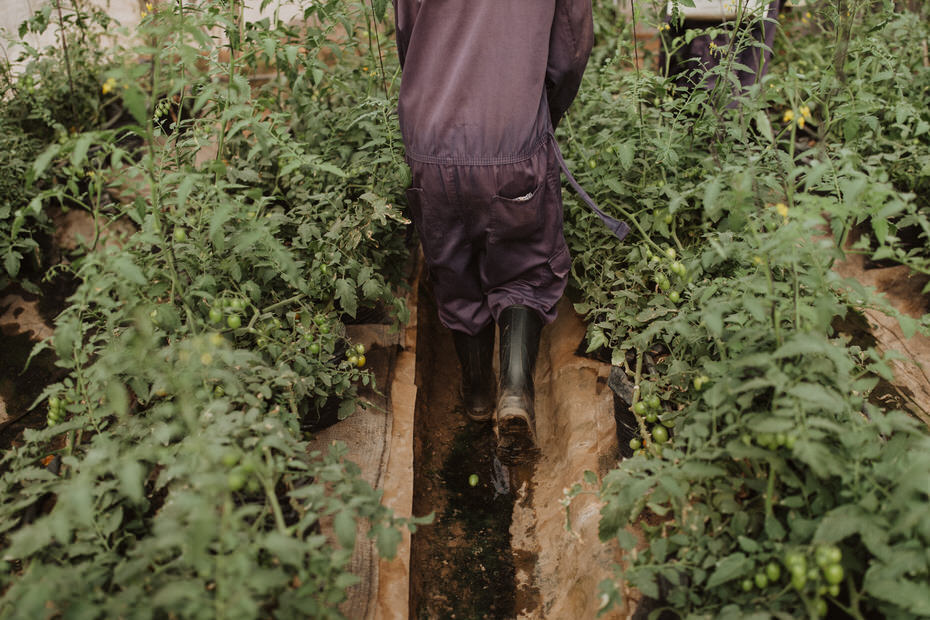
While at Wakisa, Sarah was able to make lots of friends, learn numerous skills like cooking, candle-making, tailoring, knitting, and singing, all while they took care of her during her pregnancy and educated her about motherhood. After her time at Wakisa, Sarah tried to go back to school. But then with Covid hitting and things becoming even more difficult financially, Sarah didn’t have the means to pay for school fees, as she had to prioritize money to keep her and her son alive. Then in 2021 Wakisa called her to come back and attend their Agromax program, a program for teen moms to become educated in agricultural processes.
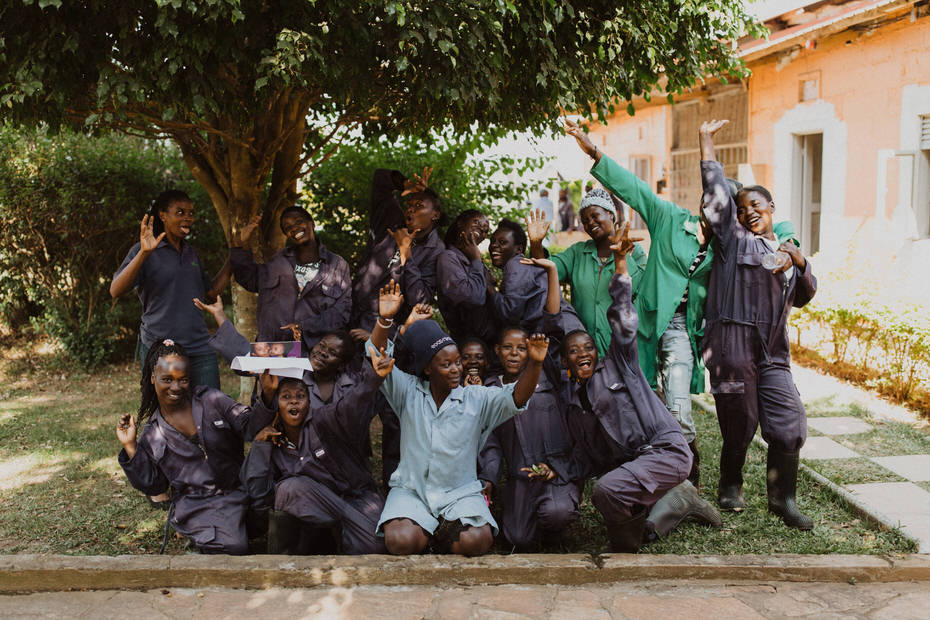
So Sarah attended Agromax and graduated from the program in 2022. After her graduation, Wakisa offered her a job position in the greenhouse. Wakisa testified to Sarah’s integrity and work ethic and said that is why they wanted her to stay and work for them.
Now Sarah works with the plants, and she loves it. She feels so good when she is working because it is something that she really knows how to do, thanks to the extensive education she received about agriculture at Agromax. She went from a place of extreme unknown in her pregnancy—not knowing what to do with her son, Darius, or how to provide for him—to feeling dignified at work and in her life. She is consistent and works hard so that she will be able to pay school fees for Darius and also help with school fees for her brothers and sisters. She cares deeply for her siblings and is always ready to help them and offer them advice so they may not end up in the same situations as her.
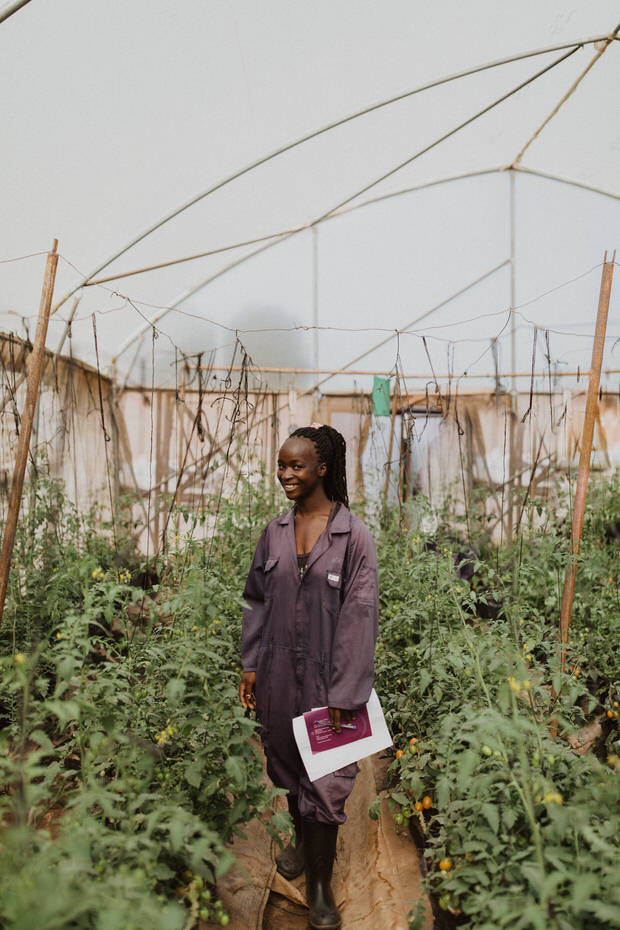

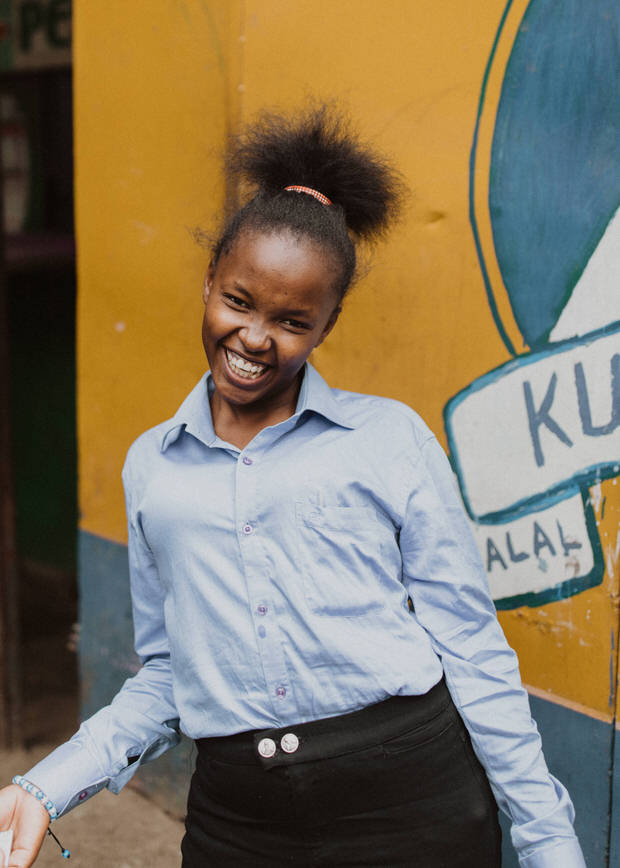
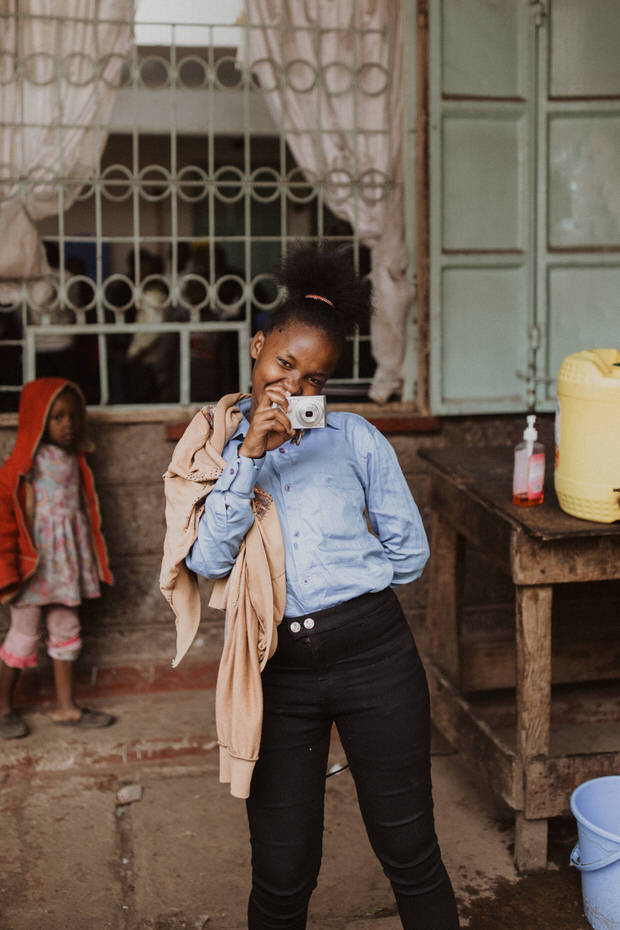
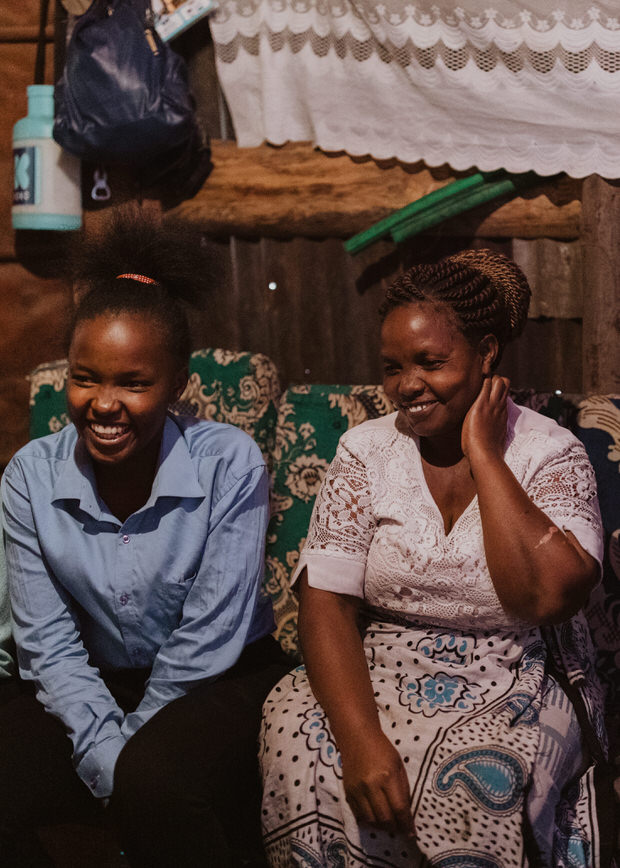
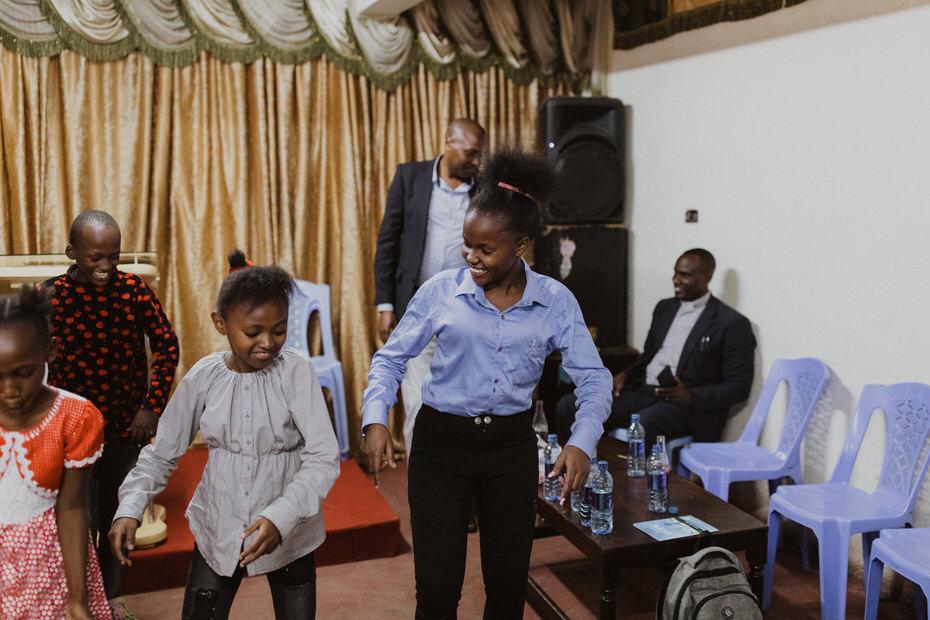
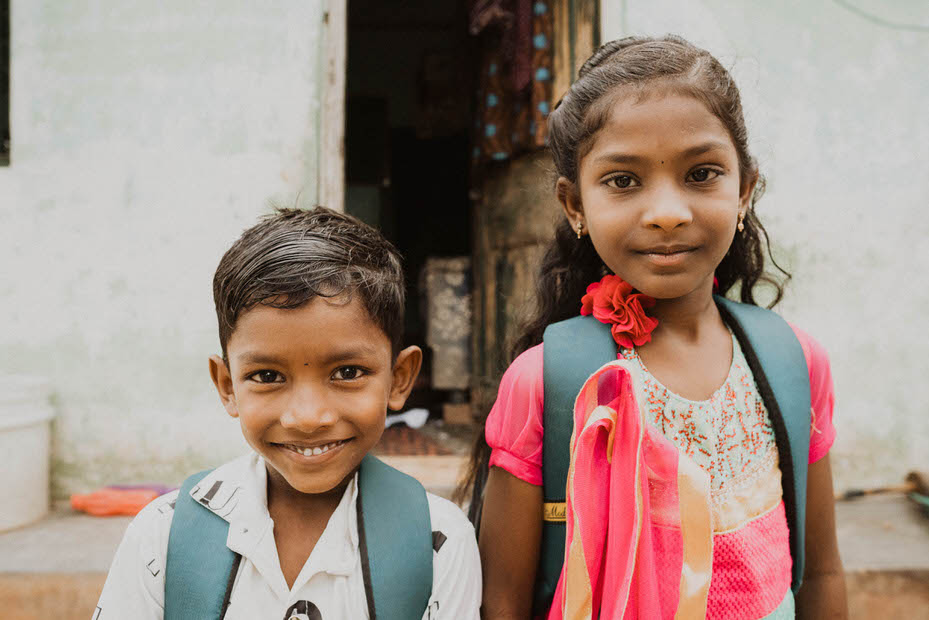
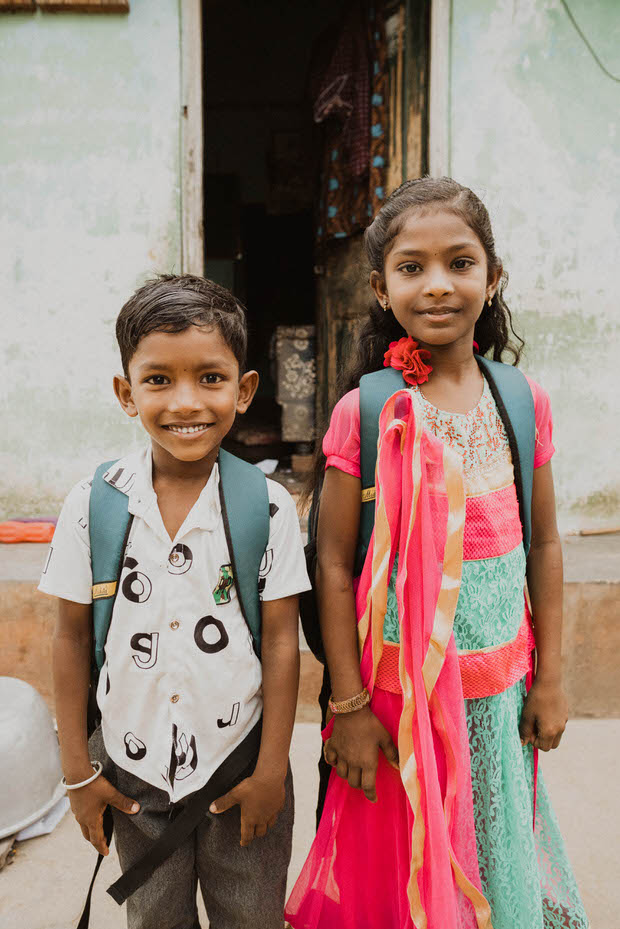
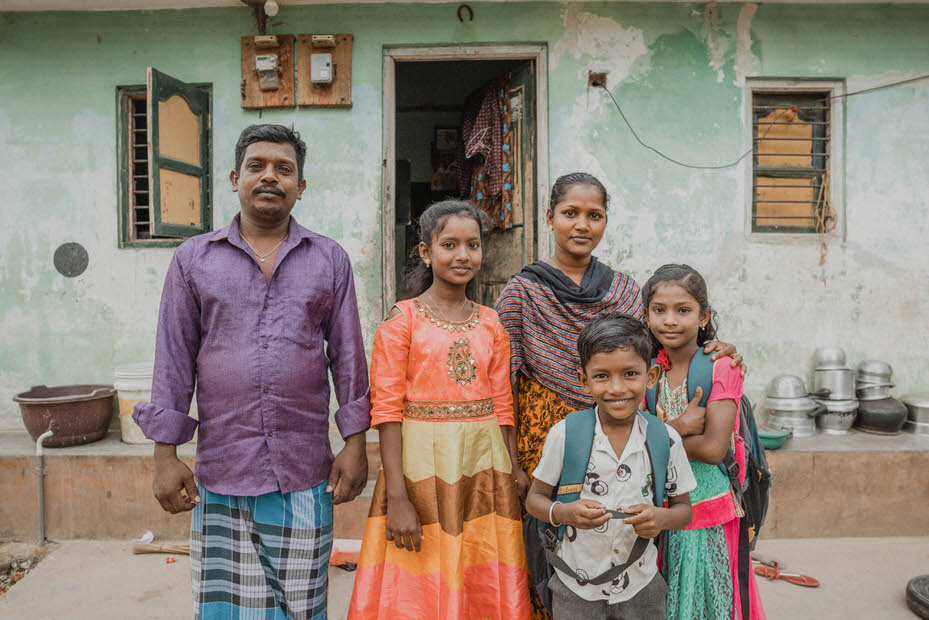
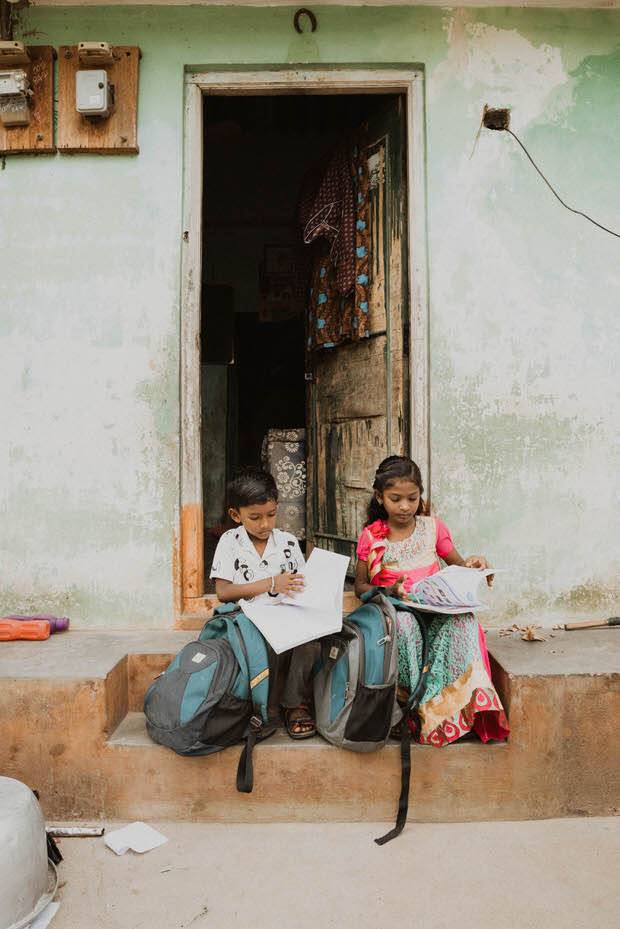
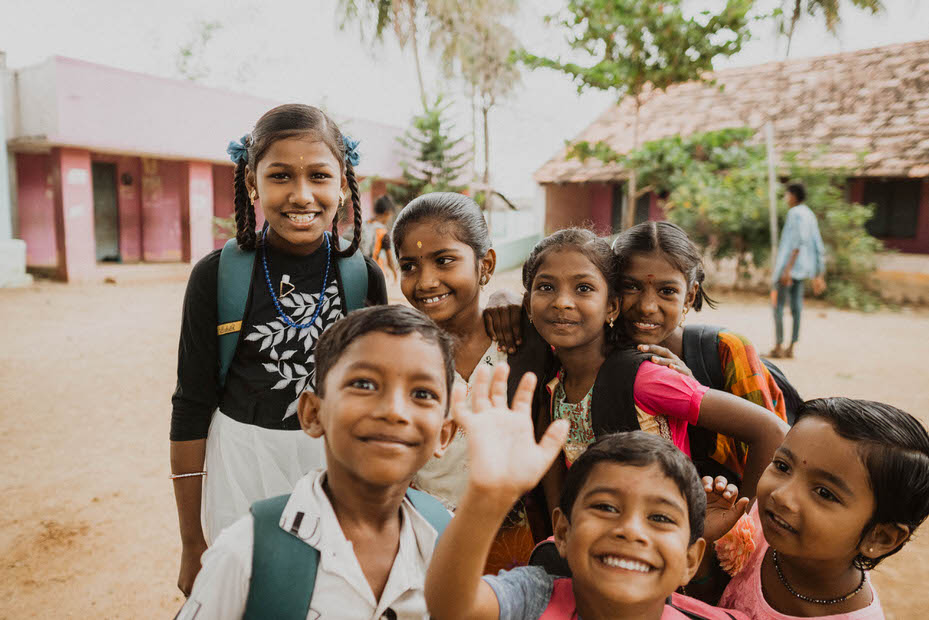
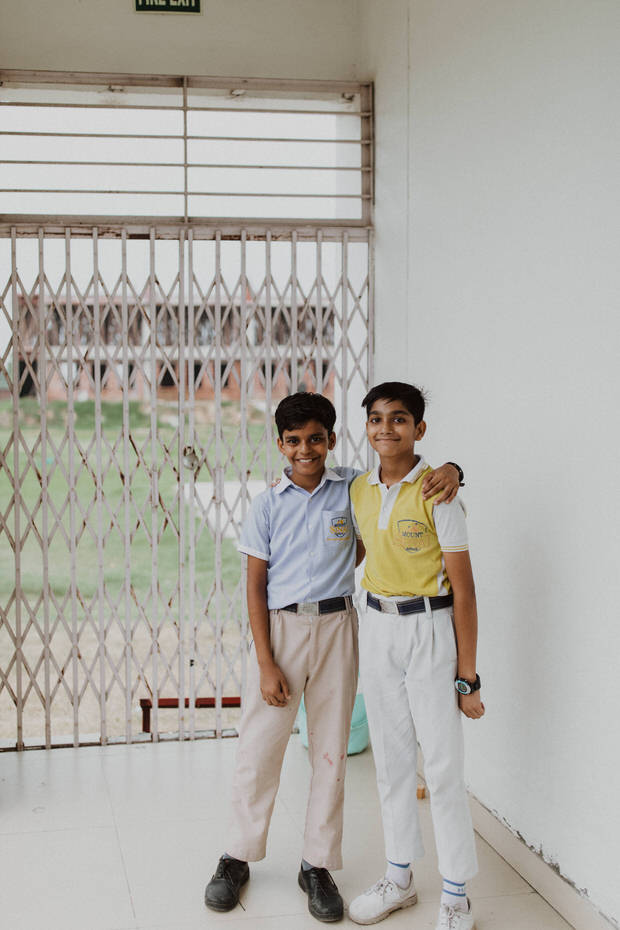
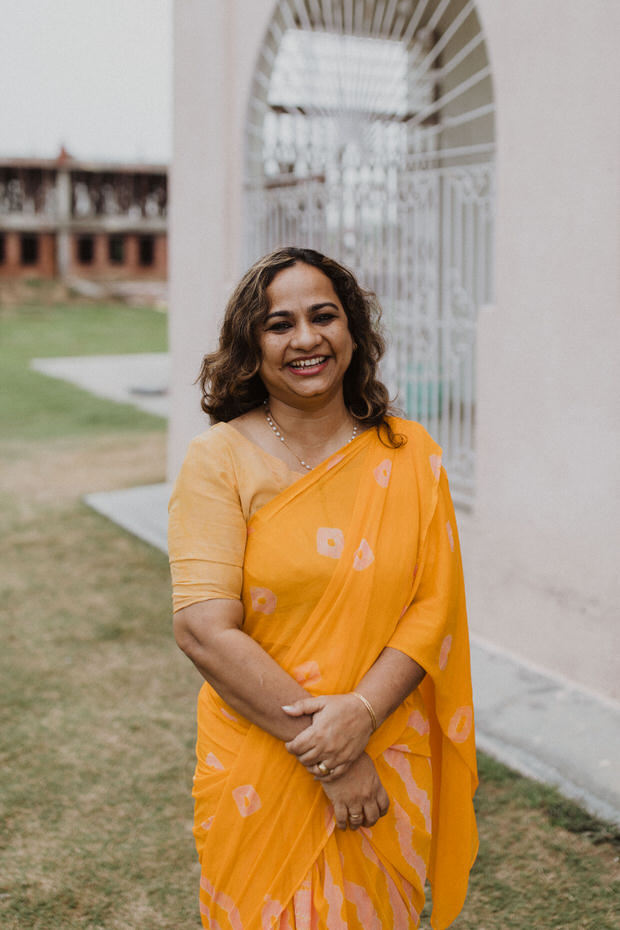
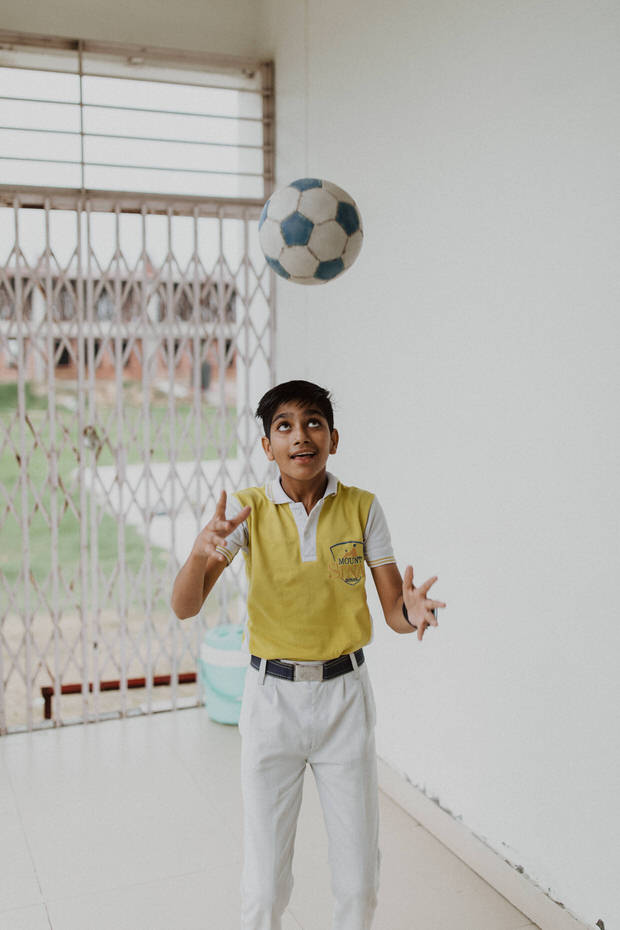
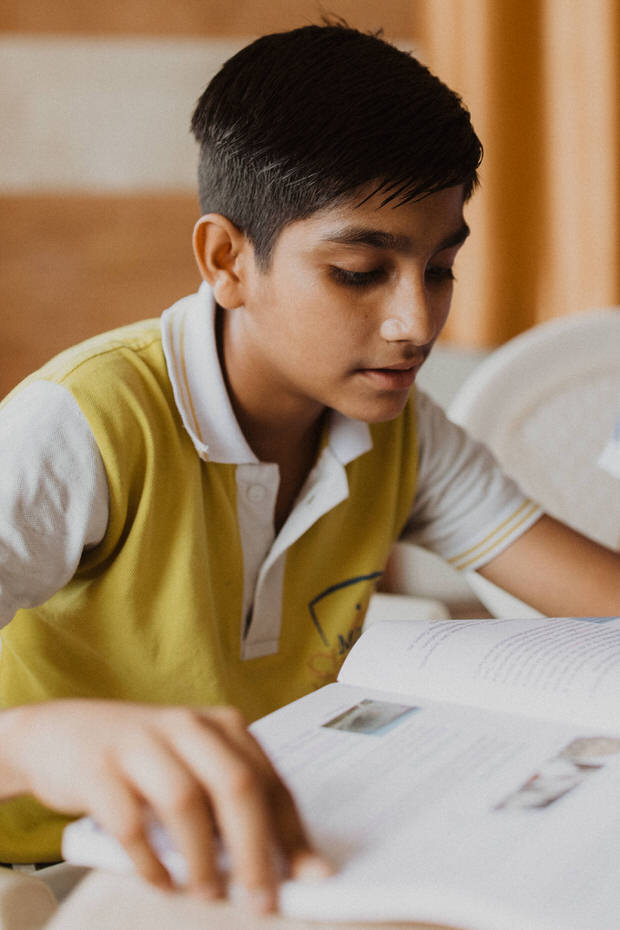
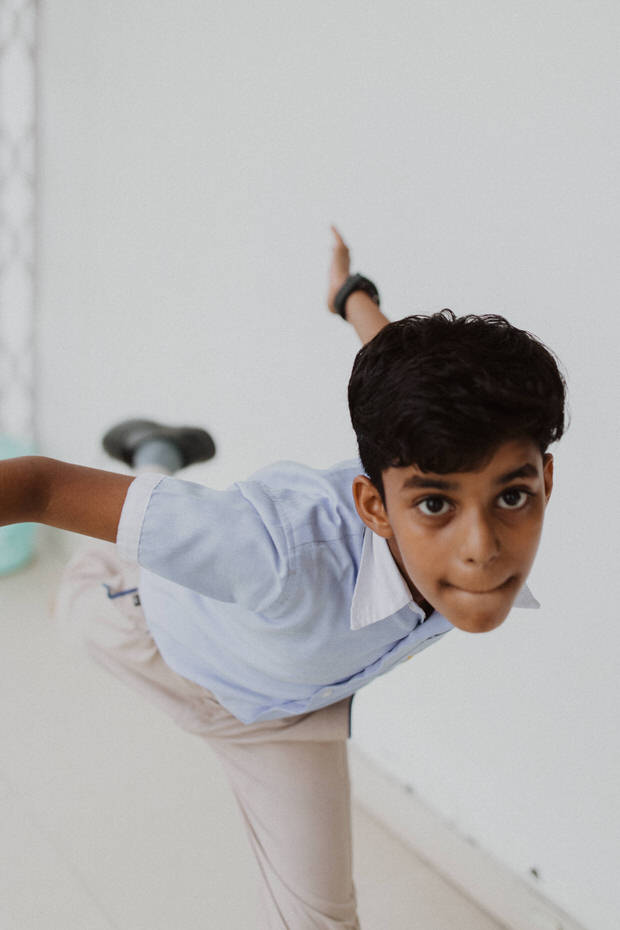
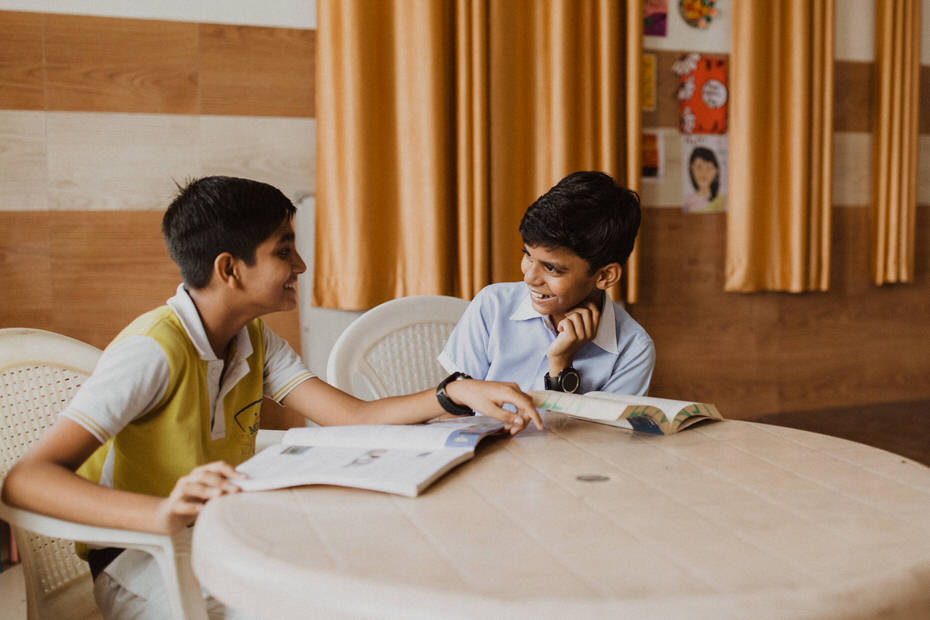
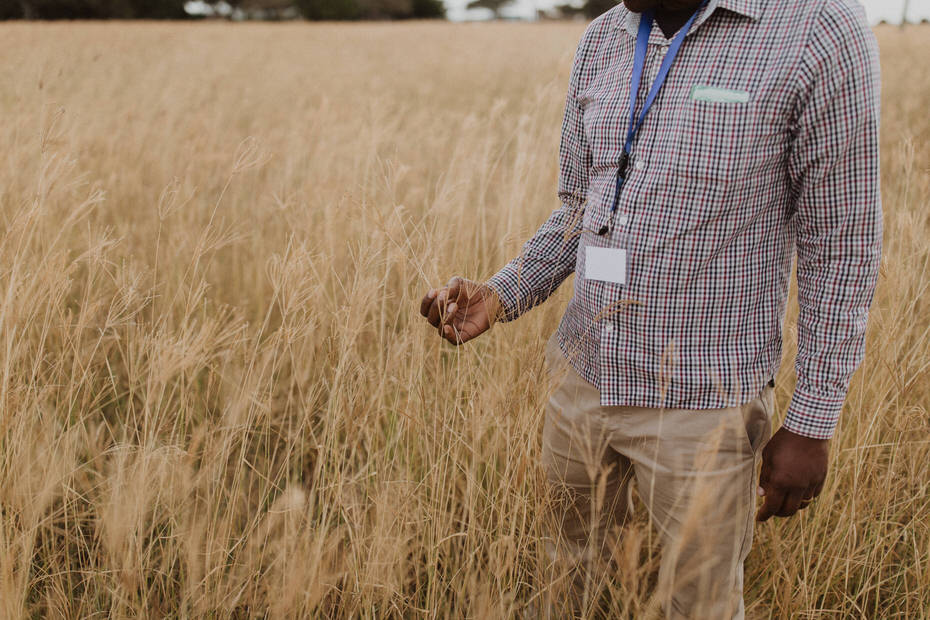
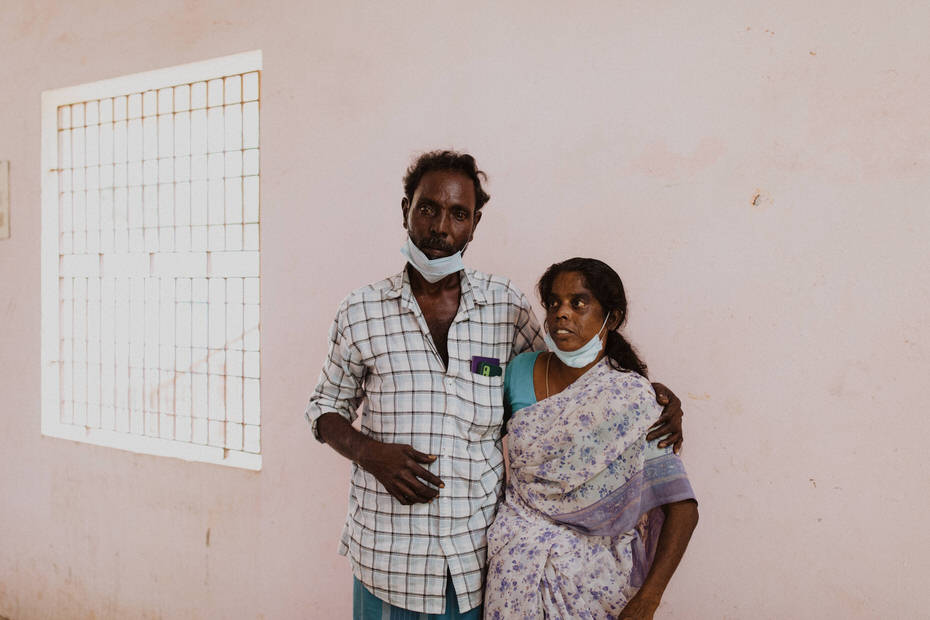
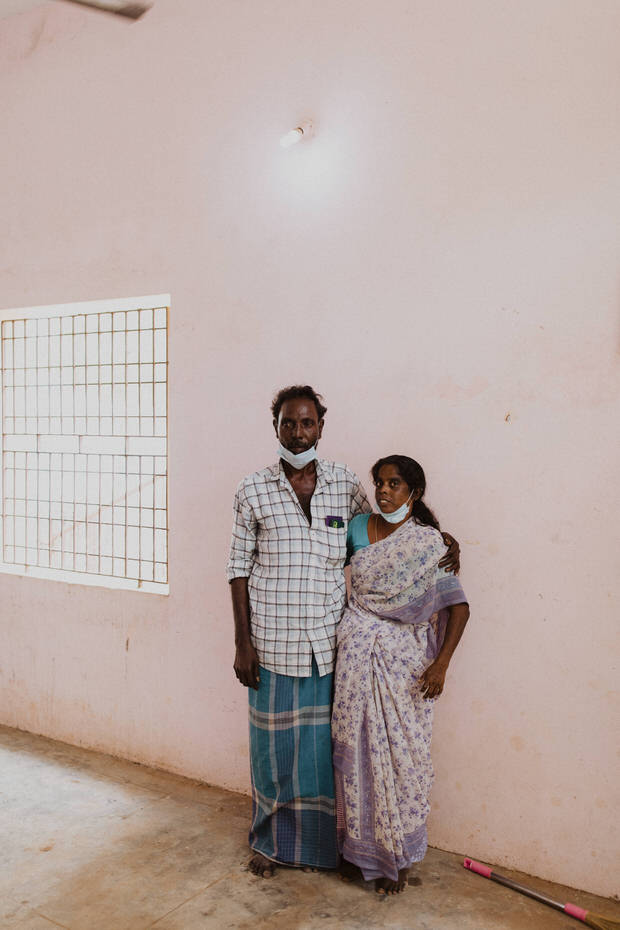
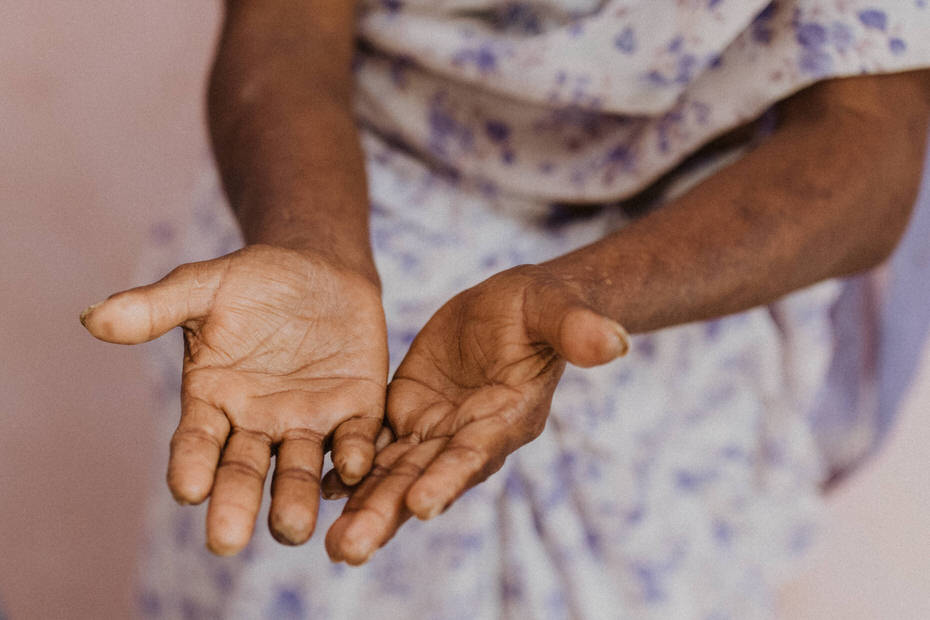
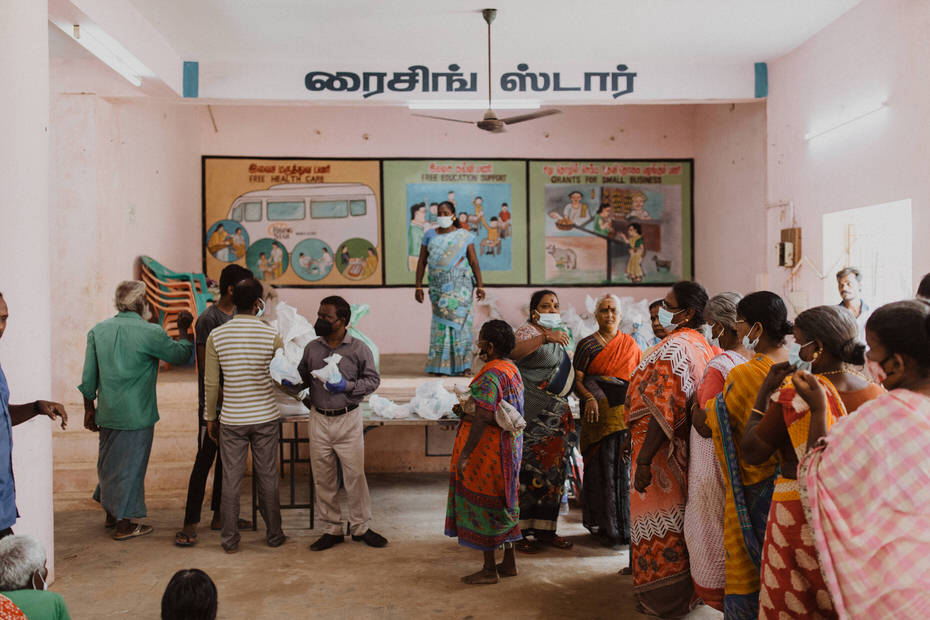
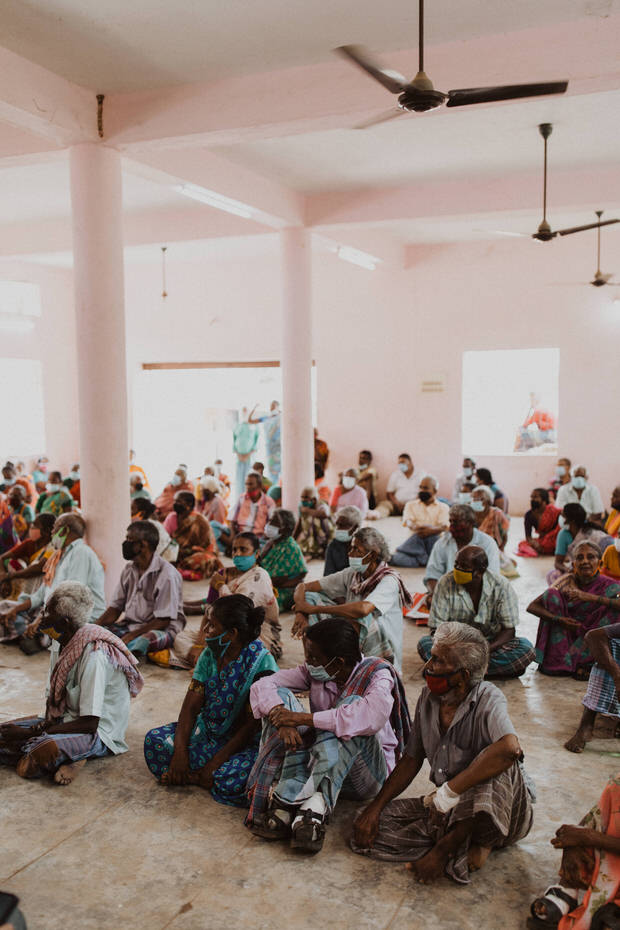
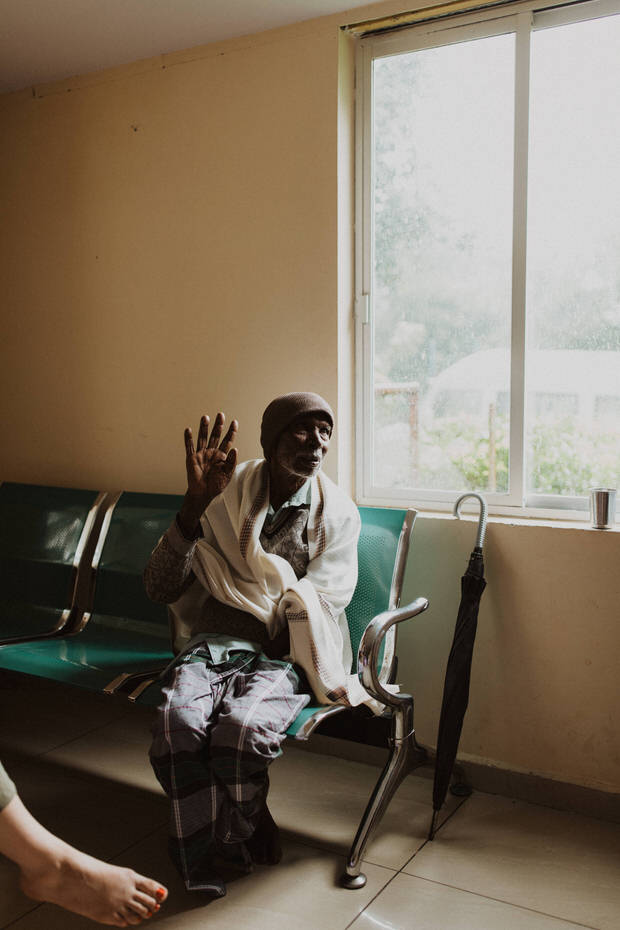
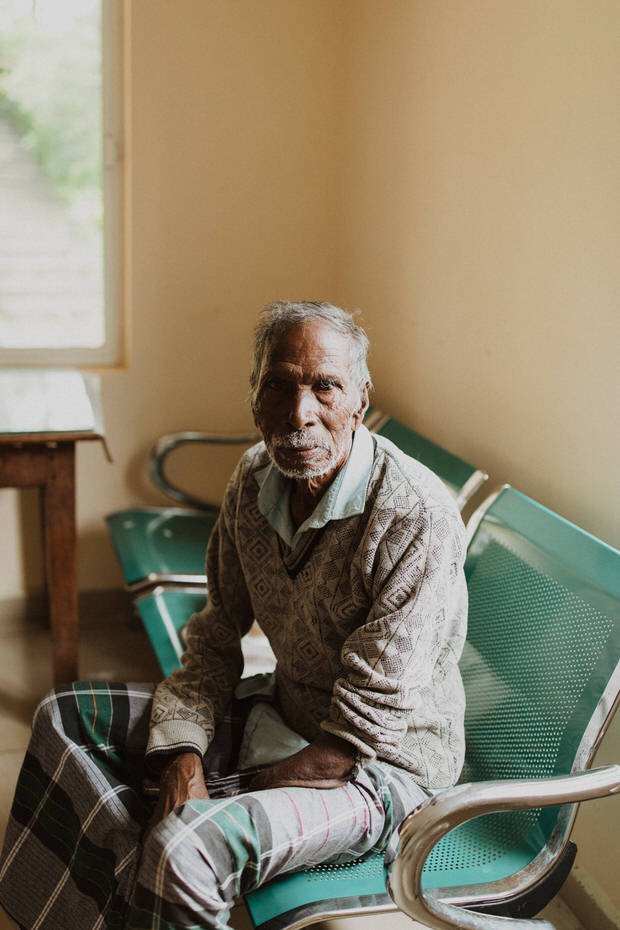
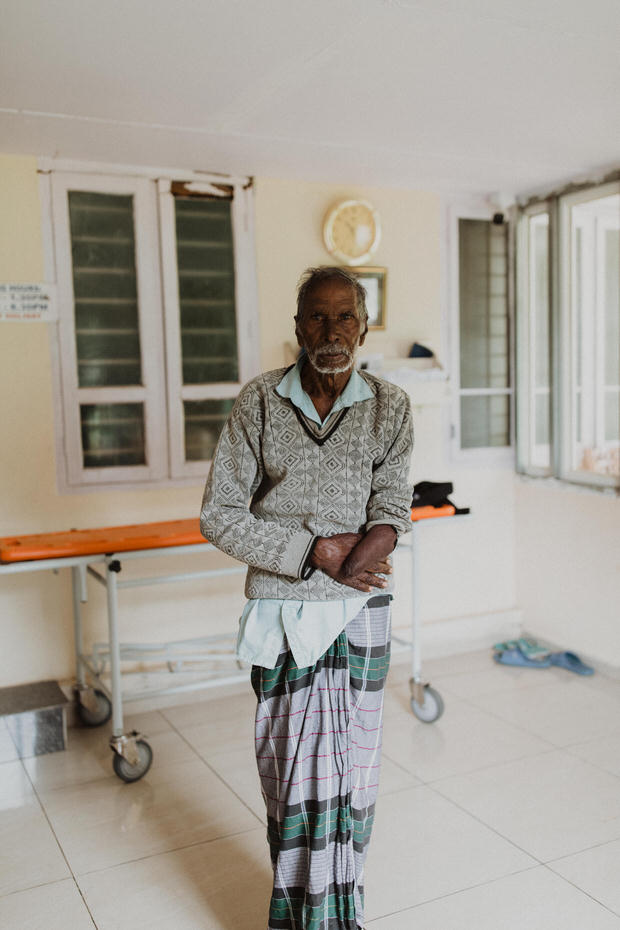
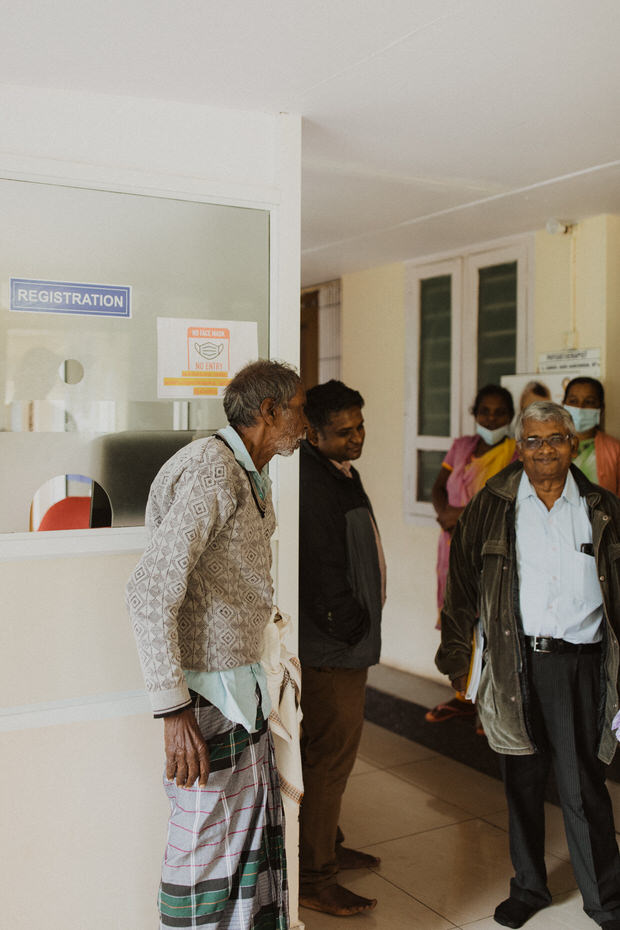
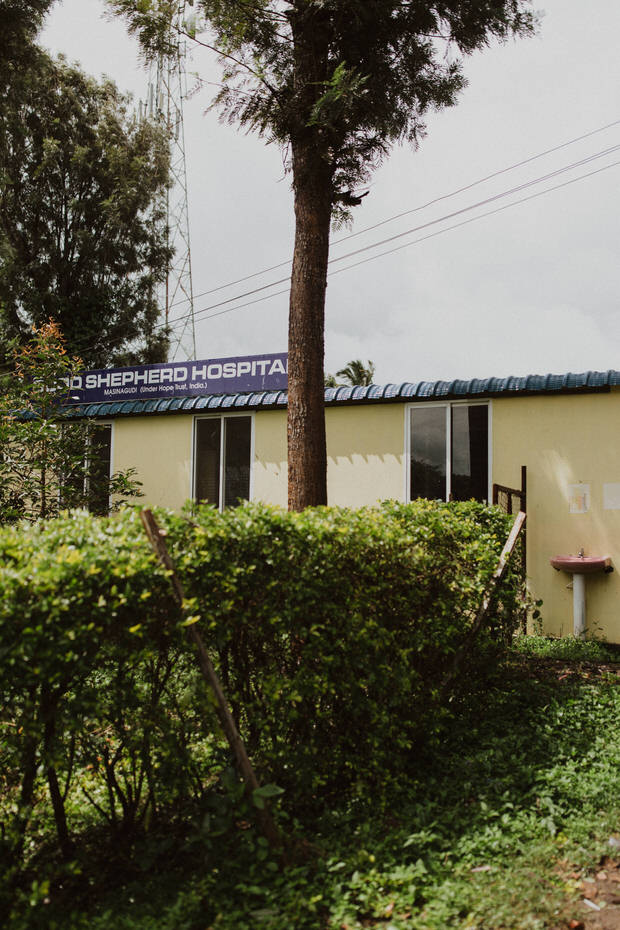
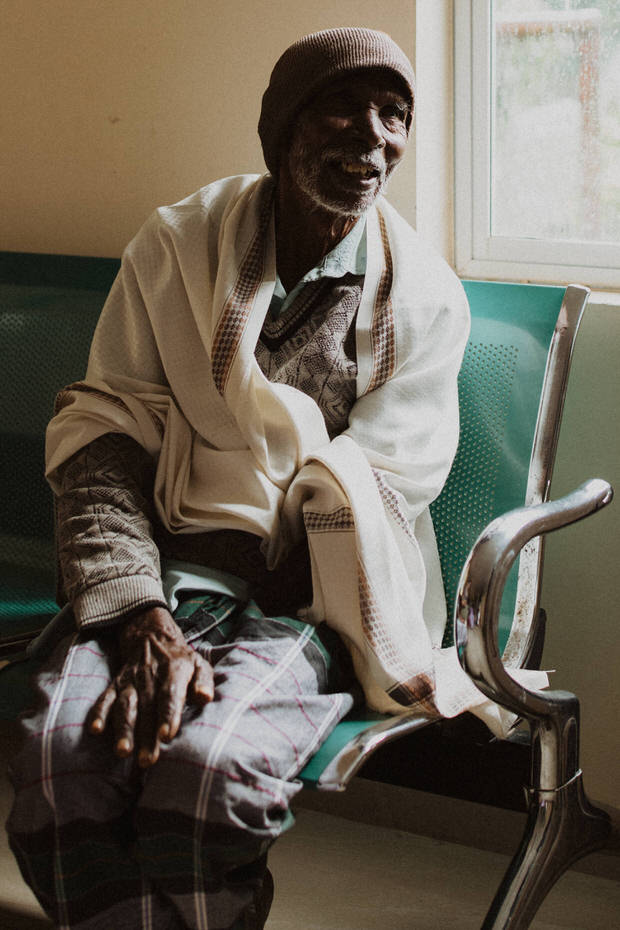
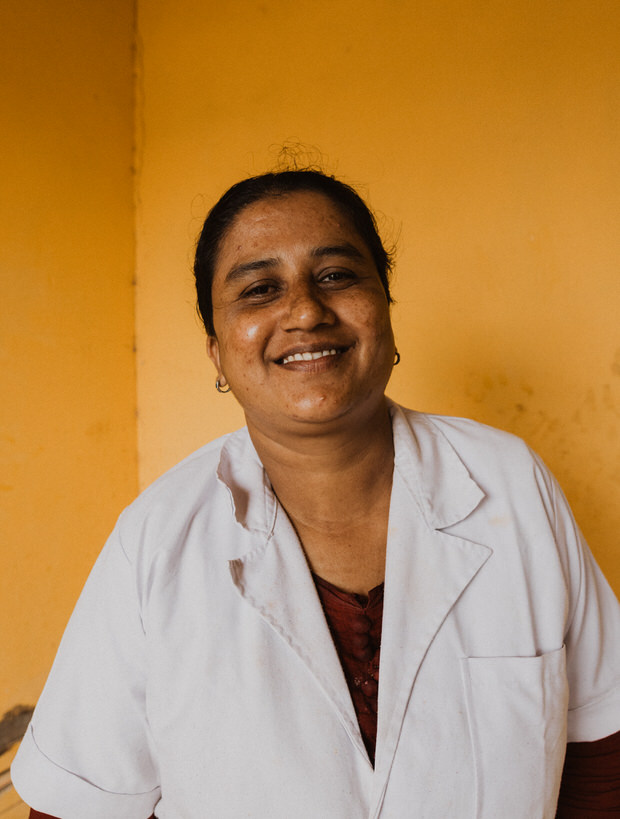
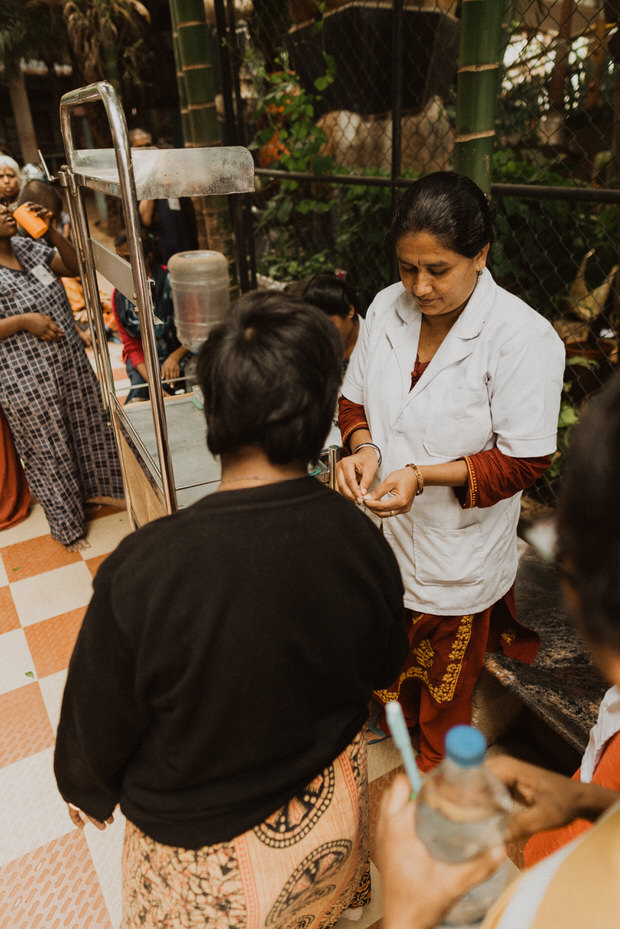
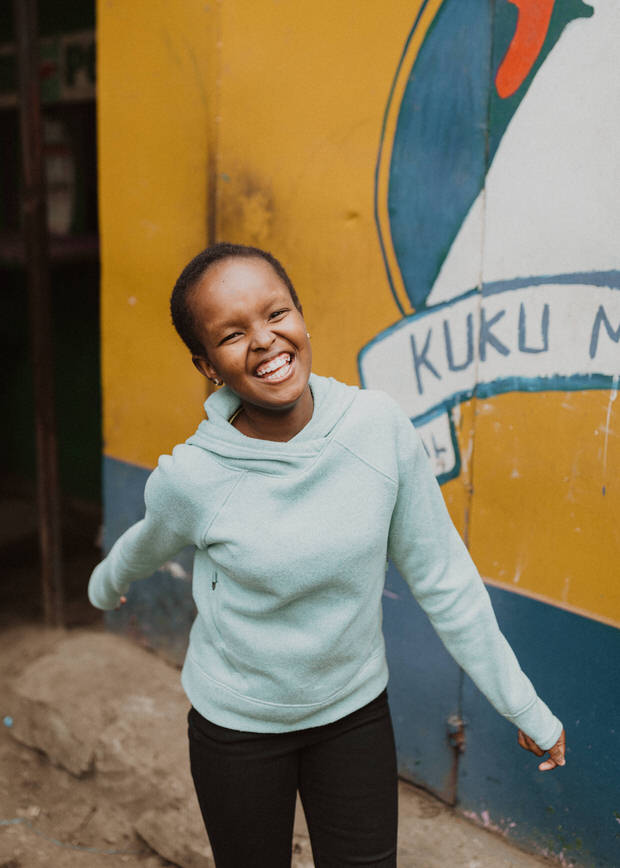
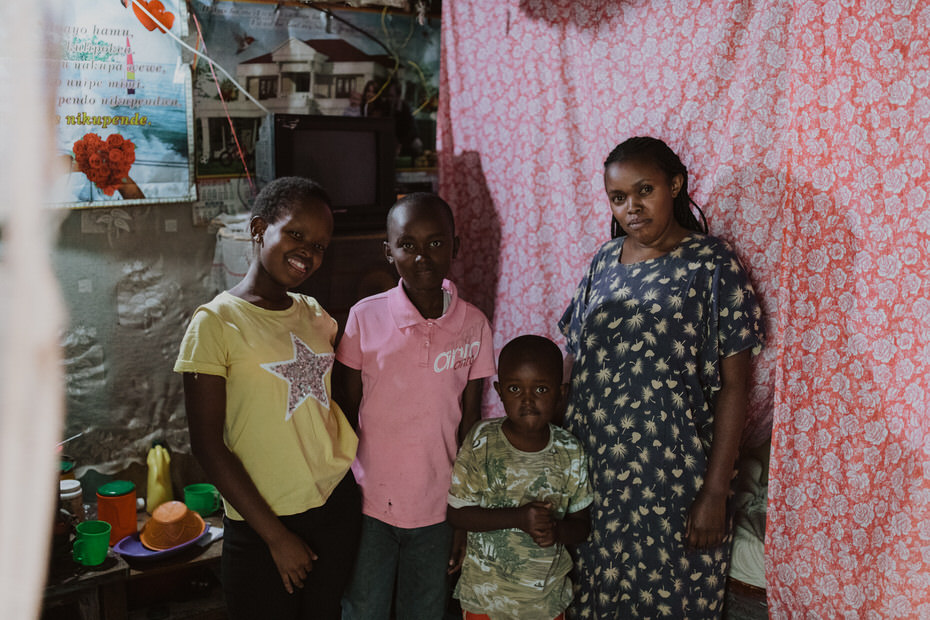
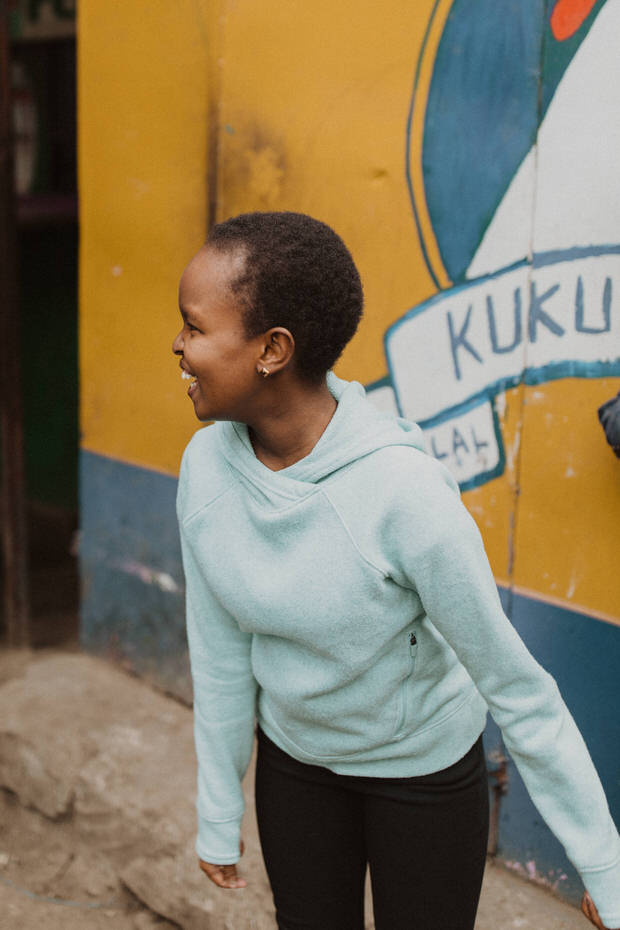
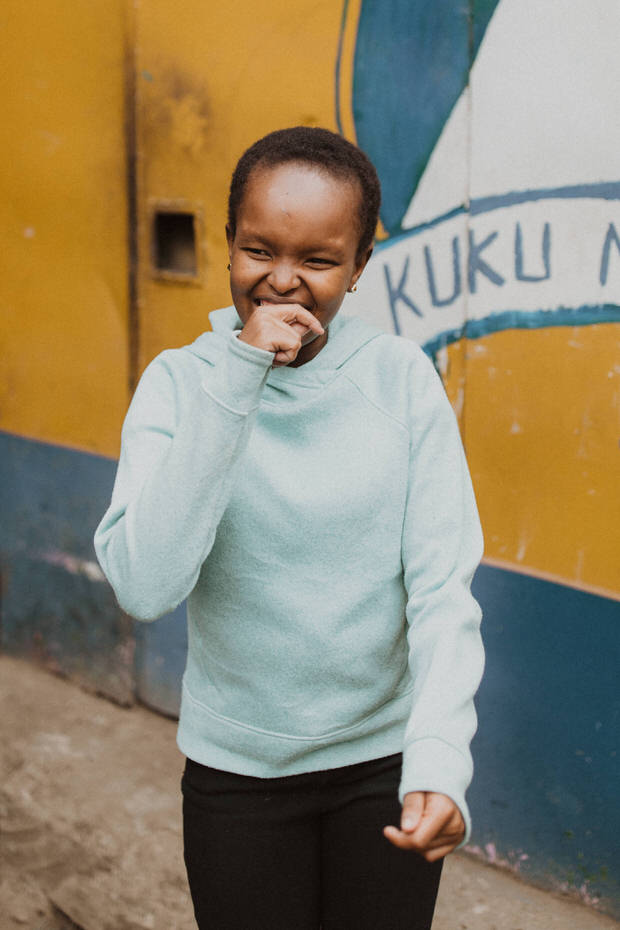
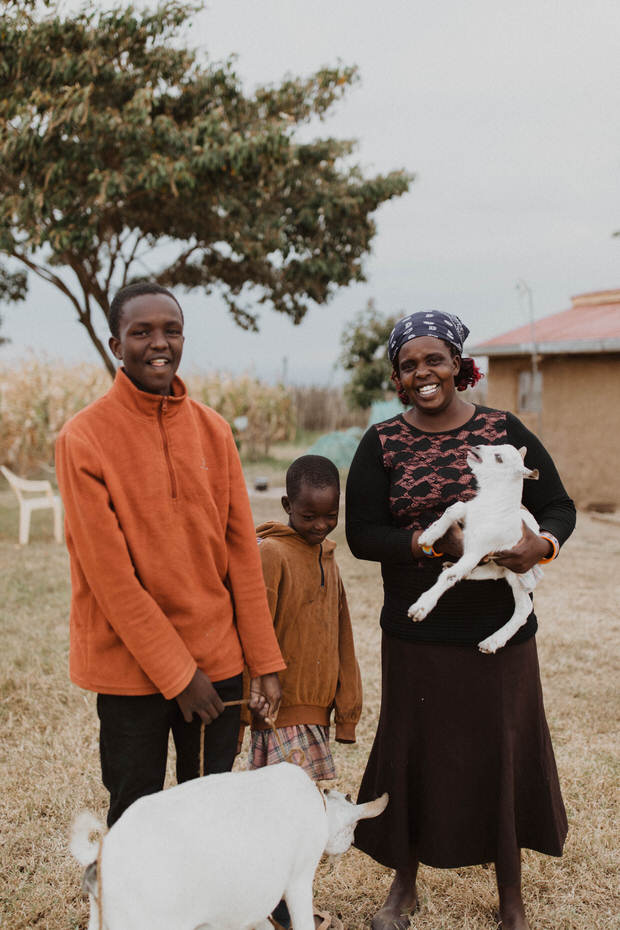
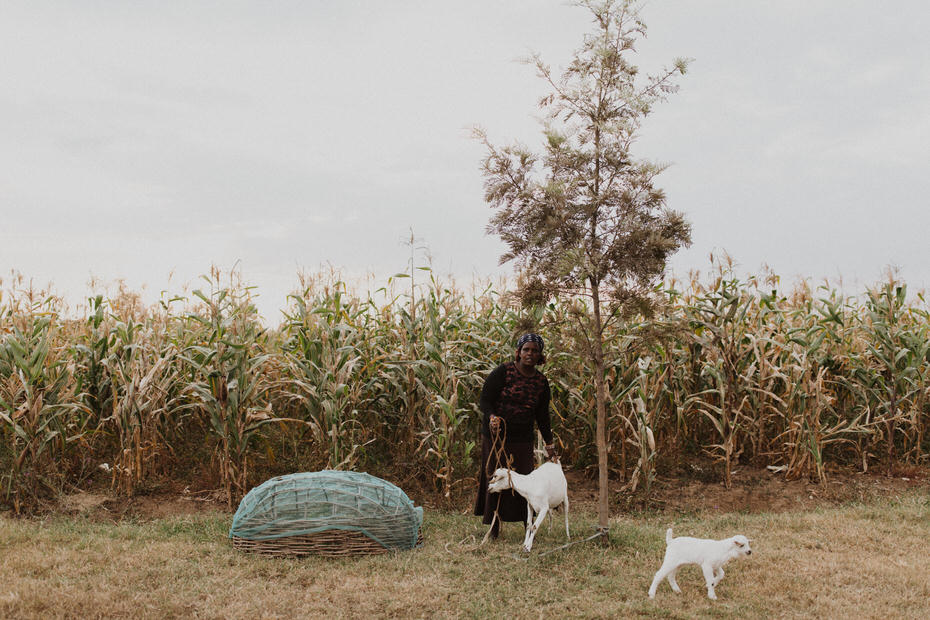
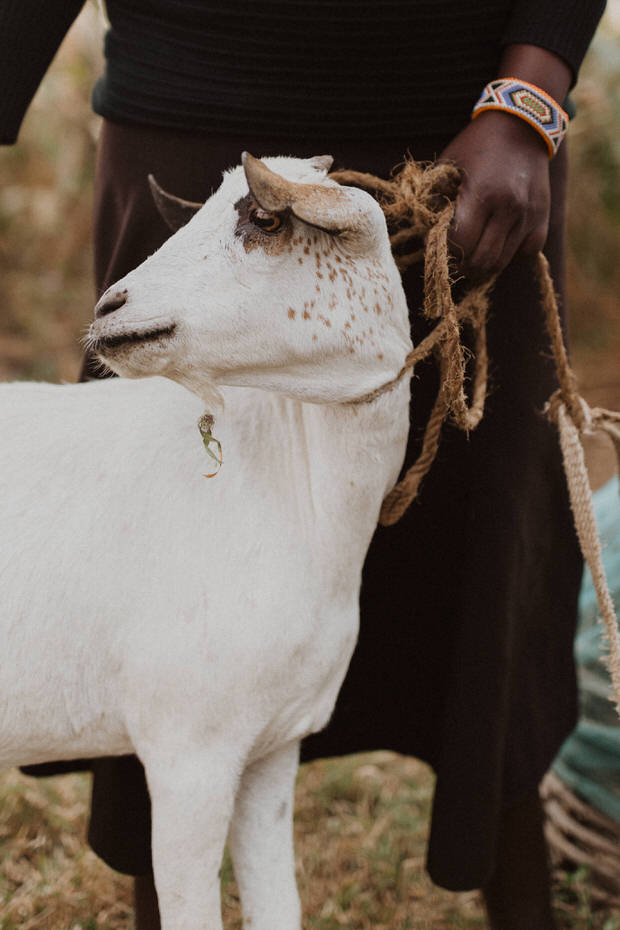
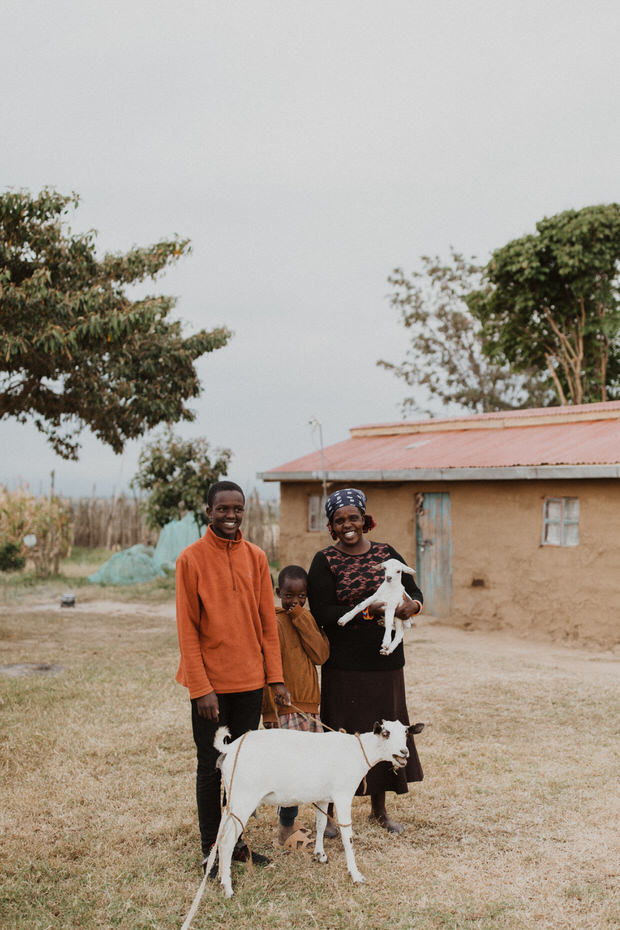
Recent Comments